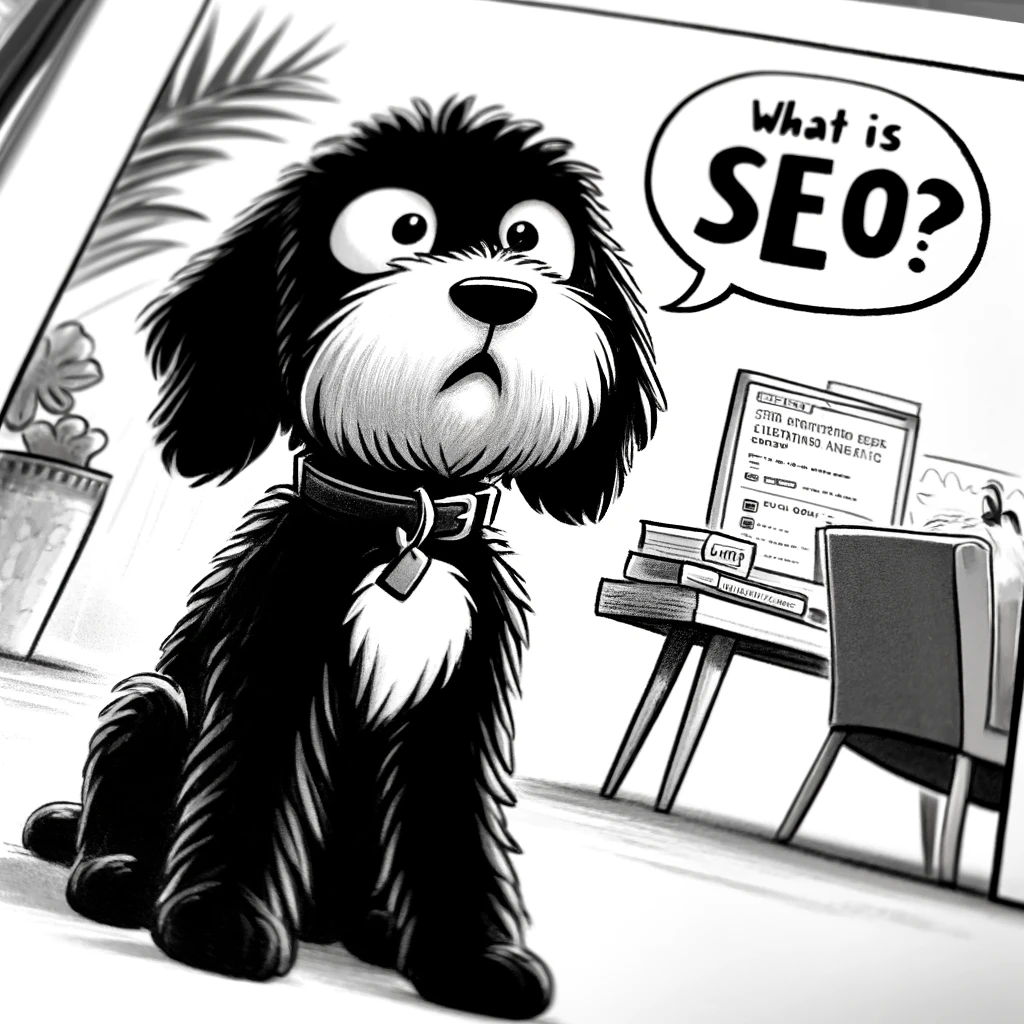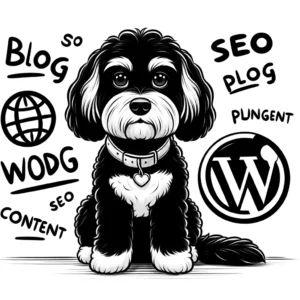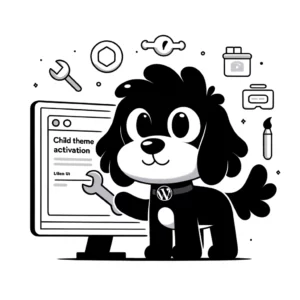Understanding SEO in WordPress
Search Engine Optimization (SEO) is a crucial process for any WordPress website aiming to enhance its visibility in search engine results. Essentially, SEO involves optimizing various elements of your site, so that search engines like Google can easily interpret and rank your content higher in the search results.
- Content Quality: High-quality, relevant content is at the heart of SEO. Engaging articles that target specific keywords can drive more traffic to your WordPress site.
- Keywords: Thoughtful use of keywords helps search engines understand and rank your site’s content. Placement and density should be natural, aligning with the flow of the content.
- SEO Tools and Plugins: WordPress is compatible with various SEO tools and plugins that simplify the optimization process. A robust SEO plugin can guide you with on-page SEO, sitemaps, and meta tags.
A well-structured WordPress site with clear navigation supports better indexing by search engines. Using SEO best practices, such as SEO-friendly URL structures and proper tagging of images, maximizes your site’s potential to rank well. Integrating social media can also amplify your content’s reach, further bolstering your site’s SEO.
Regularly reviewing and analyzing your WordPress site’s performance using SEO tools equips you with insights to continually refine your strategy, helping maintain or improve your ranking. Optimizing for search engines is an ongoing effort that, when done well, yields significant benefits in terms of traffic and visibility.
Optimizing WordPress Content
The success of SEO in WordPress hinges on the effective optimization of content which encompasses both the art of creating SEO-friendly posts and understanding their technical underpinnings.
Crafting SEO-Friendly Posts and Pages
WordPress Themes and Plugins: Selecting SEO-friendly themes and plugins, like RankMath and Yoast SEO, are important for optimizing content. They ensure that your website’s code is clean and efficient, which is crucial for search engines to index and rank your site effectively.
Content Creation: When writing content, focus on delivering clear, relevant, and helpful information. Ensure that your posts and pages use appropriate categories and tags to improve their visibility. Incorporating keywords thoughtfully, using keyword research tools to find the right terms, and placing them in titles, headings, and throughout the content can drastically improve organic traffic.
Images and Multimedia: Enhance your content with images, ensuring that each one has relevant alt text for accessibility and improved SEO. Provide descriptive file names and optimize image sizes for speed. Include videos and other multimedia elements with proper tags to enrich user engagement.
Internal Linking: Use internal linking strategically to connect related content, which aids in site navigation and establishes a strong information hierarchy. This helps search engines understand the structure of your website better.
Technical Aspects of SEO
Permalinks and URLs: Employ a clear permalink structure that includes focus keywords to make URLs SEO-friendly. Avoid using default settings that lead to nondescript web addresses, as clear URLs enhance content discoverability in search engines.
Sitemaps and Indexing: Utilize tools like Google Search Console to submit XML sitemaps and manage your website’s indexing status. Regularly check for crawl errors and issues in robots.txt that could impede search ranking.
Optimization Tools: Make the most of SEO plugins to assist with sitemap generation, meta descriptions, and schema markup. These elements contribute significantly to a site’s discoverability and the appearance of rich snippets in search results.
Performance and Security: Regularly update WordPress, plugins, and themes to reduce security vulnerabilities and improve performance. A faster website with secure connections influences SEO positively by reducing bounce rates and inspiring user trust.
Social Media and Backlinks: Include social media sharing options to leverage the power of different platforms and gain quality backlinks. Search engines consider social signals and backlinks as indicators of content relevance and authority, which can boost search ranking.
By paying close attention to both the creative and technical sides, one can optimize WordPress content effectively to improve SERP rankings and drive more organic traffic to the website.
Building Authority and Audience
To establish a reputable and authoritative WordPress website, focusing on building a loyal audience and enhancing search engine visibility is paramount. This involves engaging with site visitors and leveraging SEO best practices and tools, which ultimately contribute to improved search rankings and increased traffic.
Engagement and Social Media Interaction
Engaging with the audience through social media channels is vital for driving traffic and fostering community around a WordPress site. Encouraging comments and discussions on posts can lead to higher engagement rates, which signal content relevance to search engines. Sharing articles and connecting with followers on platforms like Facebook and Twitter enhances visibility and can indirectly influence search rankings.
Utilizing SEO Tools and Strategies
SEO tools play a crucial part in understanding and improving website performance. Conducting keyword research, monitoring rankings, and analyzing traffic data enable informed decisions to optimize content. Google Search Console is indispensable for tracking indexing status and fixing crawl errors. Implementing sitemaps and meta descriptions, along with resolving redirects, ensures technical SEO health.
WordPress SEO Plugins and Features
WordPress SEO plugins, such as RankMath and Yoast SEO, provide a myriad of features to improve a site’s SEO. They assist in optimizing titles and meta descriptions, creating XML sitemaps, and adding breadcrumbs – enhancing user navigation and SERP appearance. In addition, they facilitate internal linking and making sure alt attributes for images are used effectively, helping to ensure that content is well-indexed and accessible to search engines.












